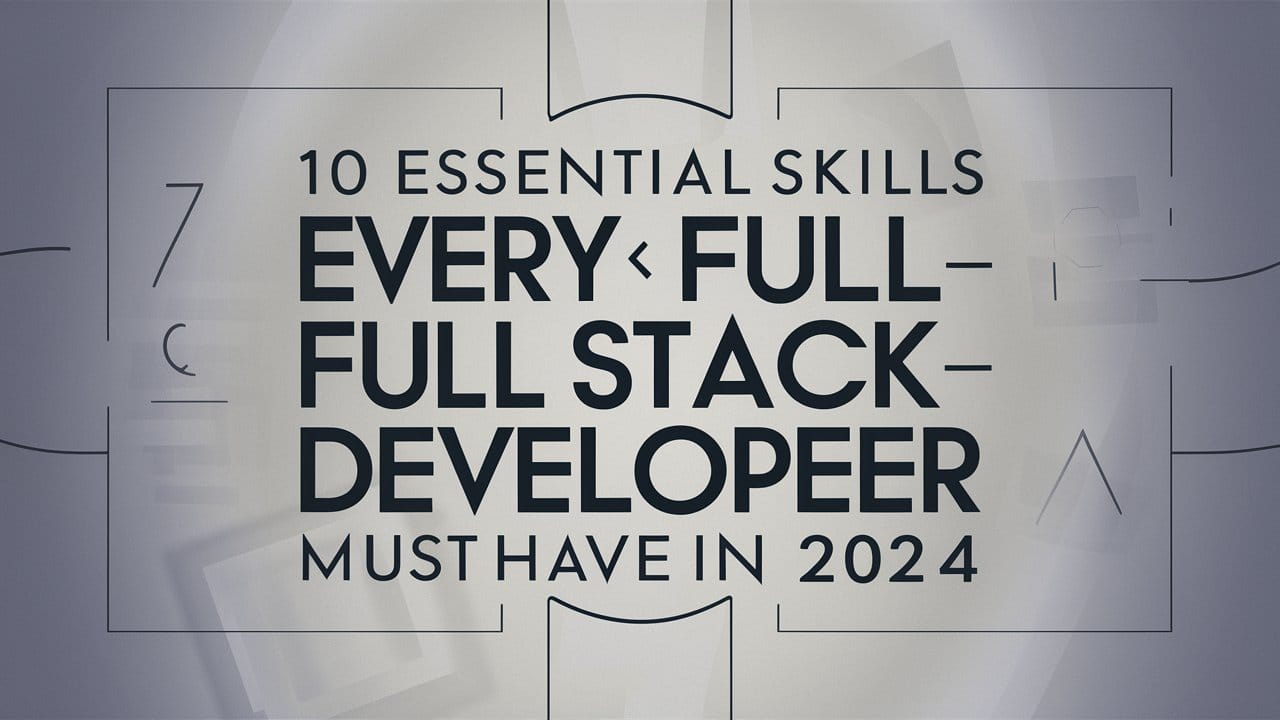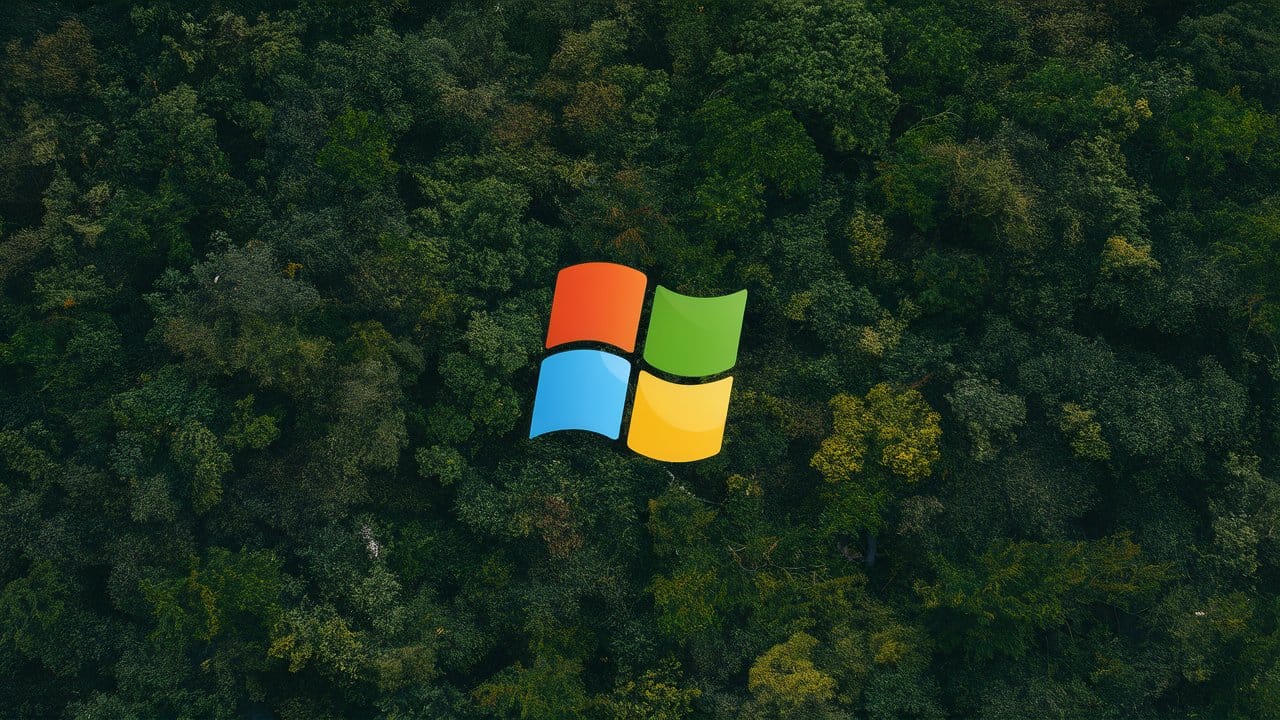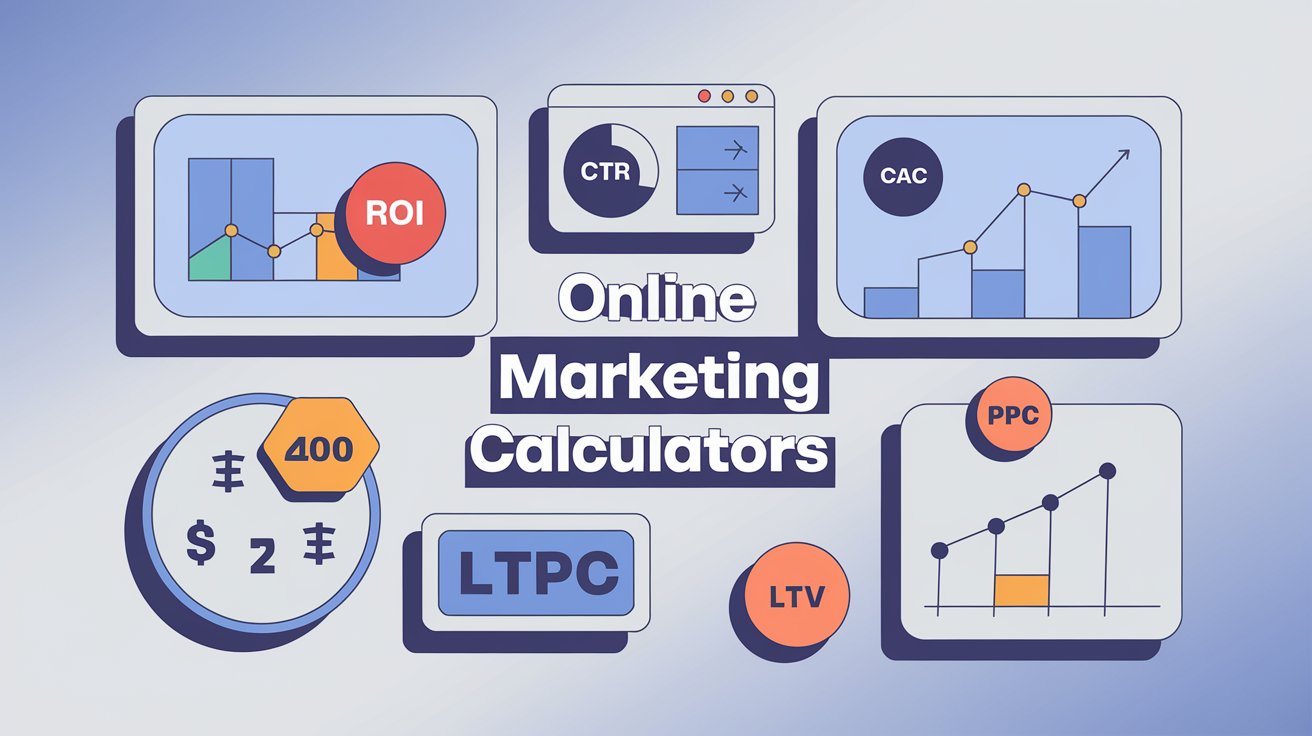Introduction to Full Stack Development
As technology continues to evolve at a rapid pace, the demand for skilled professionals who can navigate the complexities of web development is higher than ever. One such role that has gained significant popularity is that of a full stack developer. In this article, I will delve into the essential skills that every full stack developer must possess to succeed in 2024.
What is a Full Stack Developer?
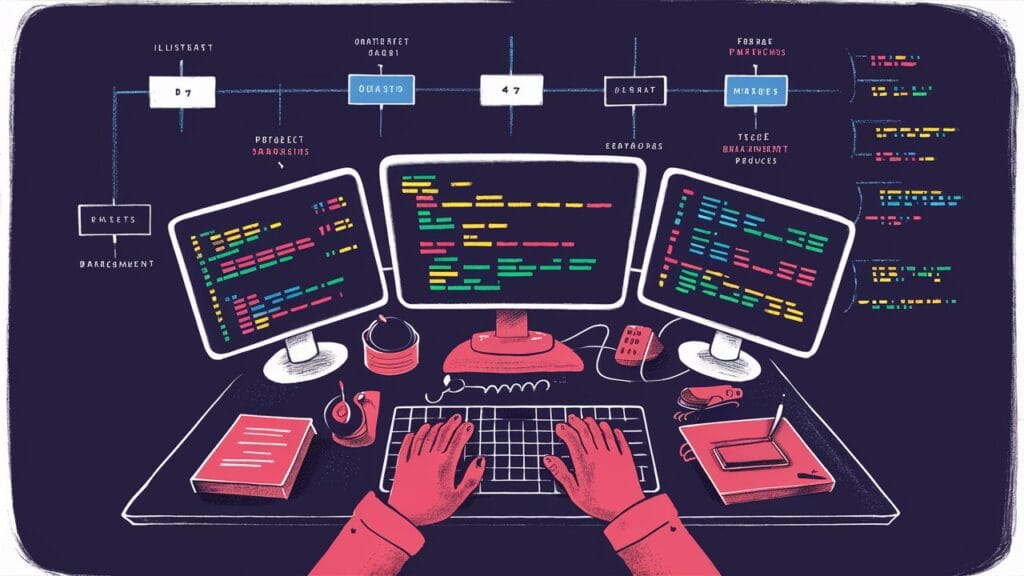
A full stack developer is a versatile professional who possesses the skills to handle both front-end and back-end development tasks. They are proficient in multiple programming languages and frameworks, allowing them to create complete web applications from start to finish. A full stack developer is a jack-of-all-trades, capable of working on both the client and server sides of an application.
Full Stack Developer Skills and Responsibilities

To excel as a full stack developer, there are several key skills and responsibilities that one must acquire. Firstly, a strong foundation in programming languages such as HTML, CSS, JavaScript, and Python is essential. These languages form the backbone of web development and provide the necessary tools to create visually appealing and responsive websites.
Additionally, a full stack developer must be well-versed in various frameworks and libraries such as React, Angular, and Node.js. These technologies enable developers to build efficient and scalable web applications. Moreover, a deep understanding of databases, both relational and non-relational, is crucial for managing and manipulating data.
Furthermore, a full stack developer should possess strong problem-solving and debugging skills. They should be able to identify and resolve issues quickly to ensure a smooth user experience. Effective communication and collaboration skills are also important as full stack developers often work in teams and need to effectively convey their ideas and solutions.
The Demand for Full Stack Developers
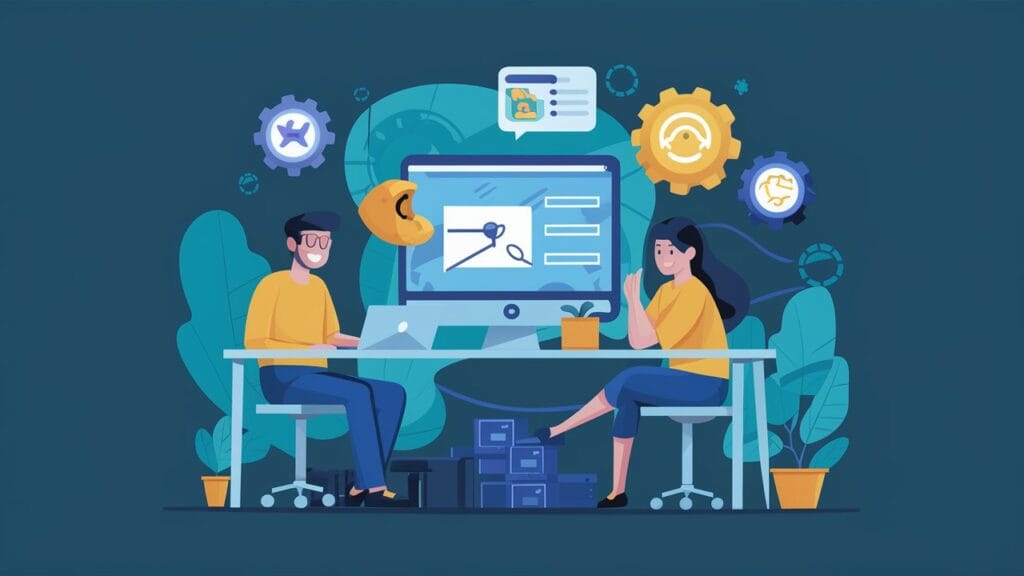
In today’s digitally-driven world, businesses are increasingly reliant on web applications to engage with their customers. As a result, there is a high demand for skilled full stack developers who can build and maintain these applications. According to recent reports, the demand for full stack developers is expected to grow by 20% in the next five years.
Startups and small businesses, in particular, are eager to hire full stack developers who can handle all aspects of web development without the need for multiple specialists. This allows them to save costs and streamline their development process. Additionally, larger companies are also recognizing the value of full stack developers and are actively seeking professionals with these skills.
Full Stack Developer Salary Trends
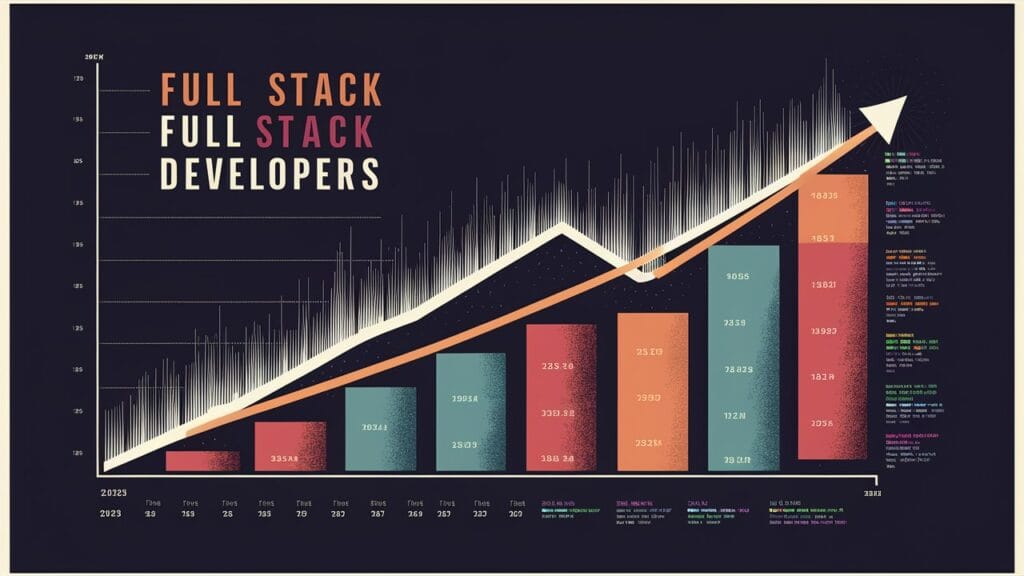
The demand for full stack developers comes with attractive salary prospects. As businesses compete to attract top talent, the salaries for full stack developers have seen a steady increase in recent years. On average, a full stack developer can expect to earn between $80,000 to $120,000 per year, depending on factors such as experience, location, and the company’s size.
In addition to a competitive salary, full stack developers also enjoy a range of benefits and perks. These can include flexible work arrangements, professional development opportunities, and the chance to work on cutting-edge projects. With the increasing demand and lucrative compensation, pursuing a career as a full stack developer is a wise choice.
Full Stack Developer Job Prospects

Full stack developers have extremely bright futures. As more businesses embrace digital transformation, the need for skilled developers who can build and maintain web applications will continue to grow. Full stack developers have the advantage of being versatile and adaptable, making them highly sought after in the job market.
Moreover, the ability to handle both front-end and back-end development tasks gives full stack developers a competitive edge. Companies appreciate the efficiency and cost-effectiveness of having a single professional who can handle multiple aspects of web development. This makes full stack developers an indispensable asset to any organization.
Full Stack Developer Courses and Certifications
If you aspire to become a full stack developer, there are numerous courses and certifications available to help you acquire the necessary skills. Many renowned online learning platforms offer comprehensive full stack developer courses that cover everything from the basics of web development to advanced concepts and frameworks.
Some popular full stack developer courses include “The Complete Web Developer Course” on Udemy and “Full Stack Web Development” on Coursera. These courses provide hands-on experience and practical knowledge to ensure that you are well-equipped for the challenges of full stack development.
Furthermore, obtaining certifications from reputable organizations such as Microsoft, Google, or AWS can greatly enhance your credibility as a full stack developer. These certifications validate your skills and demonstrate your commitment to professional growth.
Essential Skills Every Full Stack Developer Must Have
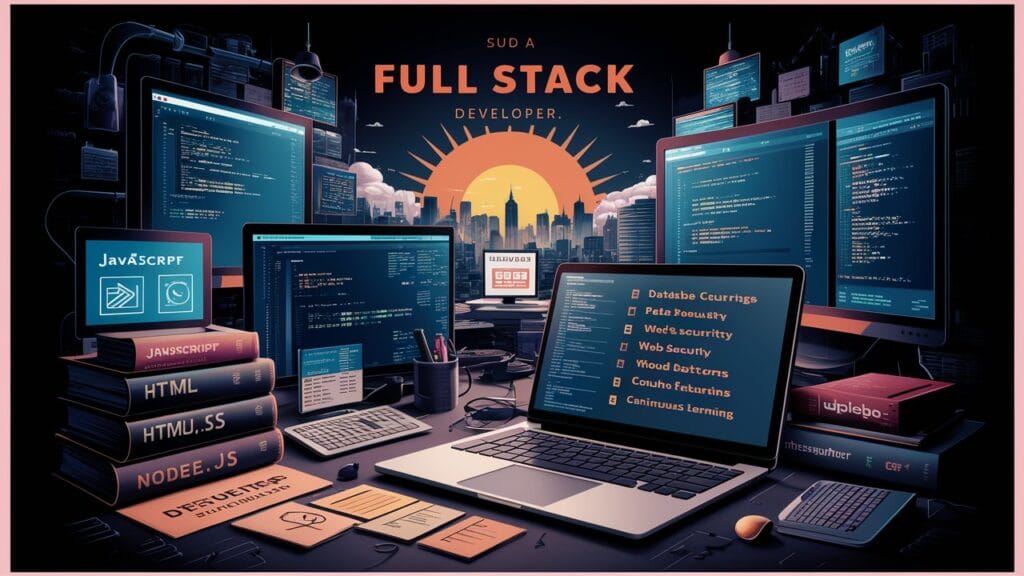
Being a full stack developer that succeeds calls for a wide range of abilities. Here are ten essential skills that every full stack developer must possess:
- front-end development languages including JavaScript, CSS, and HTML.
- Knowledge of back-end development frameworks like Node.js, Django, or Ruby on Rails.
- Familiarity with databases and their query languages, such as SQL or MongoDB.
- Experience with version control systems like Git to manage code repositories effectively.
- Understanding of web security best practices to protect applications from vulnerabilities.
- Ability to work with APIs and integrate third-party services into web applications.
- Knowledge of cloud platforms like AWS or Azure for deploying and scaling applications.
- Strong problem-solving and debugging skills to identify and fix issues efficiently.
- Efficiency in teamwork and good communication abilities.
- Continuous learning and adaptability to stay updated with the latest technologies and trends.
By mastering these essential skills, you will be well-prepared to tackle the challenges of full stack development and excel in your career.
Full Stack Developer Tools and Technologies
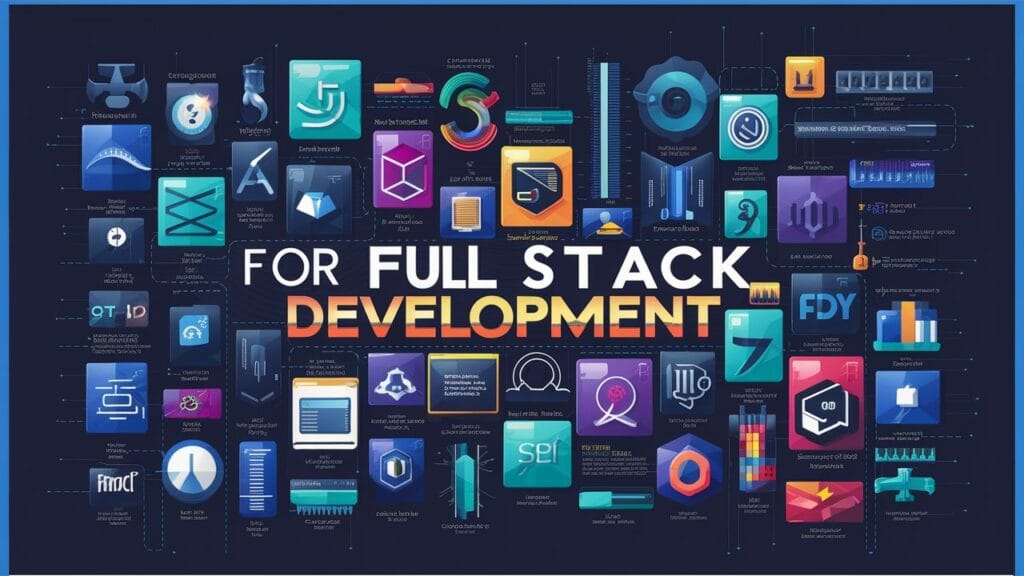
To streamline their workflow and enhance productivity, full stack developers rely on a variety of tools and technologies. Here are some of the most commonly used tools in the full stack developer’s toolkit:
- Integrated Development Environments (IDEs) such as Visual Studio Code, Atom, or Sublime Text for coding and debugging.
- Package managers like npm or Yarn to manage and install dependencies for projects.
- Task runners and build tools like Gulp or Webpack to automate repetitive tasks and optimize code.
- Collaboration tools such as Slack or Microsoft Teams for effective communication and project management.
- Testing frameworks like Jest or Mocha for ensuring the quality and reliability of web applications.
- Continuous Integration/Continuous Deployment (CI/CD) tools like Jenkins or Travis CI for automating the build and deployment process.
- Version control systems like Git or Bitbucket for efficient code collaboration and version management.
- Browser developer tools like Chrome DevTools or Firefox Developer Tools for debugging and performance optimization.
- Virtualization and containerization tools like Docker or Vagrant for creating isolated development environments.
- Cloud hosting platforms such as AWS, Azure, or Heroku for deploying and scaling web applications.
By leveraging these tools and technologies, full stack developers can streamline their development process and deliver high-quality web applications.
Career Growth Opportunities for Full Stack Developers

The field of full stack development offers abundant career growth opportunities. With the continuous evolution of technology, there is always something new to learn and explore. Full stack developers who stay updated with the latest trends and technologies can position themselves for rapid career advancement.
One potential career path for full stack developers is to specialize in a specific area of web development, such as front-end or back-end development. By honing their skills in a particular domain, full stack developers can become subject matter experts and take on more challenging and rewarding projects.
Additionally, full stack developers can also explore leadership roles such as technical lead or project manager. Their ability to understand both the technical and business aspects of web development makes them valuable assets in guiding and managing development teams.
Final Thoughts
The role of a full stack developer is dynamic and ever-evolving. As technology progresses, the demand for skilled professionals who can handle all aspects of web development will continue to grow. By acquiring the essential skills, staying updated with industry trends, and leveraging the right tools and technologies, you can position yourself for a successful career as a full stack developer in 2024 and beyond.
Remember, becoming a full stack developer is not just about mastering the technical skills; it’s also about embracing continuous learning and adapting to change. So, take the time to invest in your professional growth and seize the opportunities that lie ahead.
